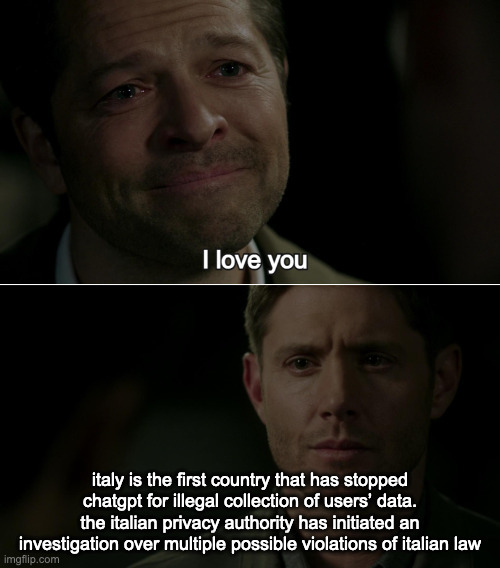"It is not the load that breaks you down, it's the way you carry it." I'm a 30something woman in STEM and this is my favorite app on the citadel
Don't wanna be here? Send us removal request.
Text
ive just been born into the world what are some good games for beginners
153K notes
·
View notes
Text
Leave it to a guy being a grump about the ren faire to almost make me log in to my defunct reddit account.
For someone concerned about "historical accuracy" you would think they would know that rennaisance faires were started by the Rennaisance Pleasure Faire of Southern California in 1962 by blacklisted Hollywood fags and commies. If you didn't want to dance around with fairies in the woods you should have joined your local civil war reenactors
12K notes
·
View notes
Text
How To Draw A Horse - a comic by Emma Hunsinger

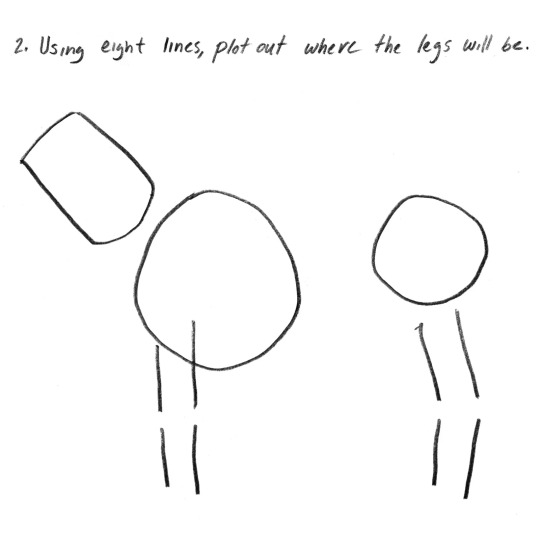
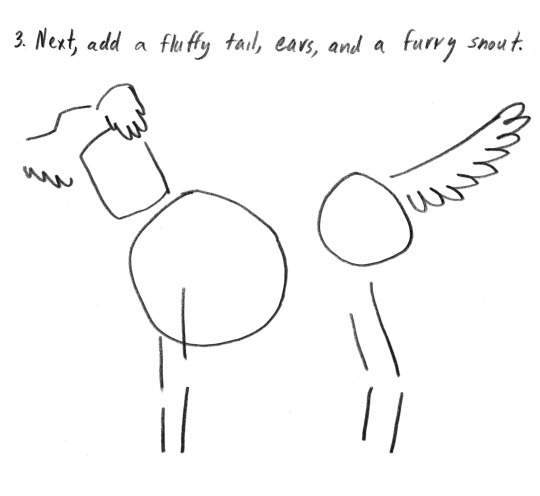


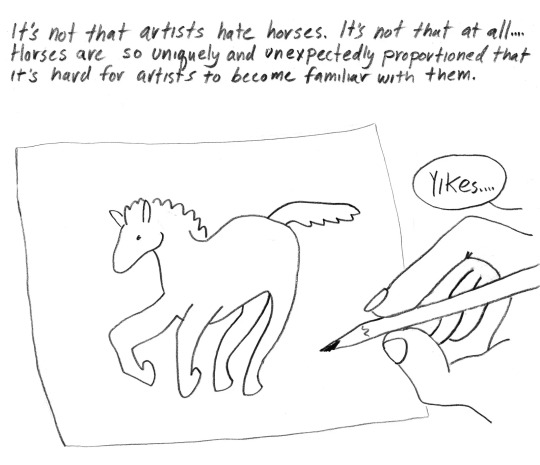
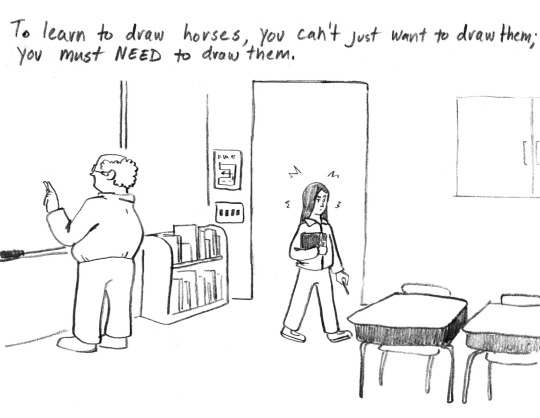
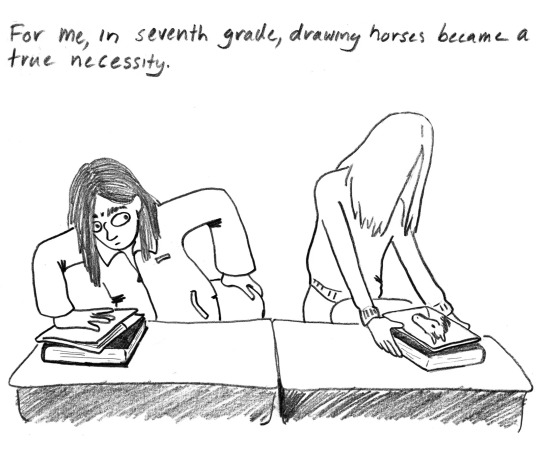

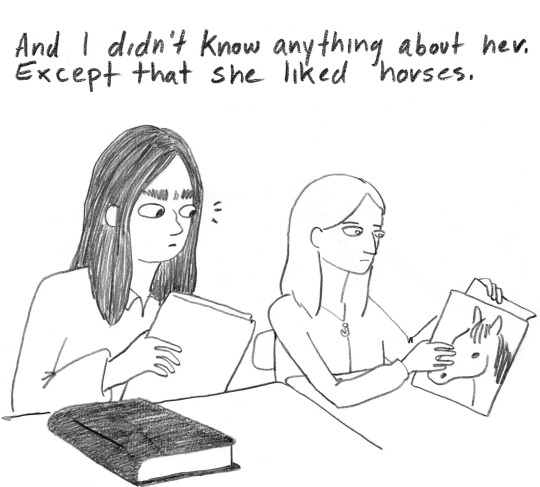



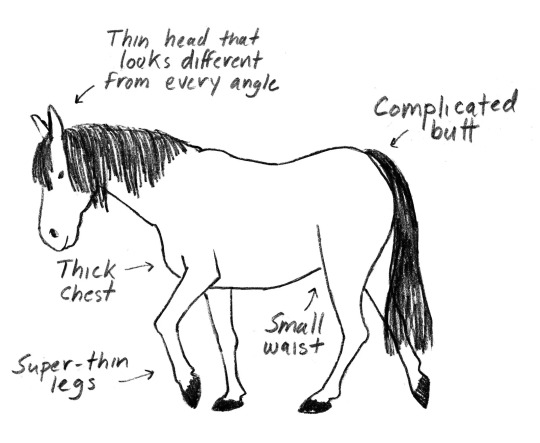


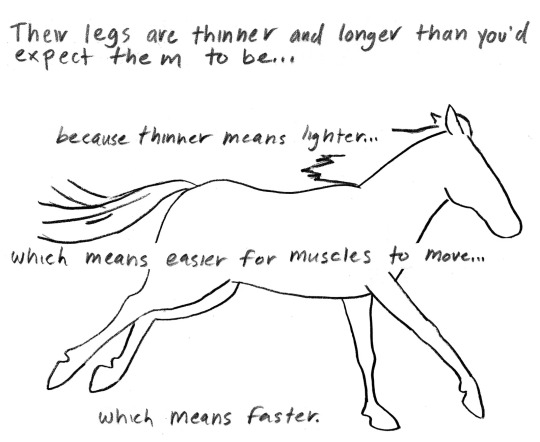


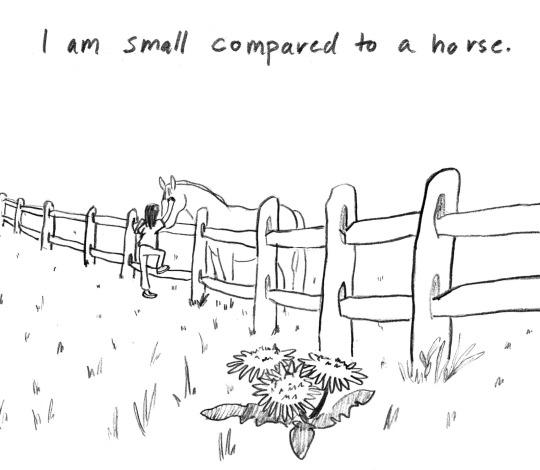

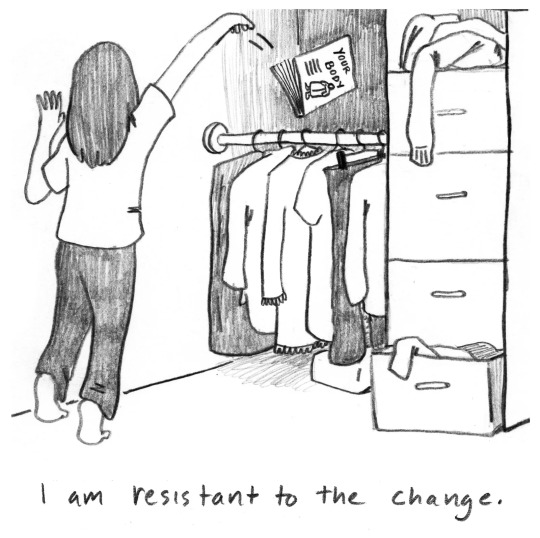
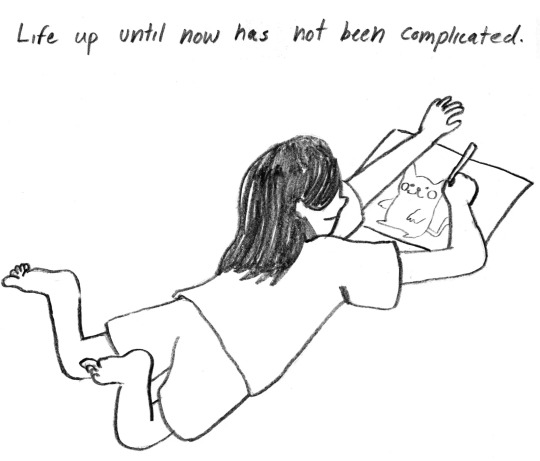
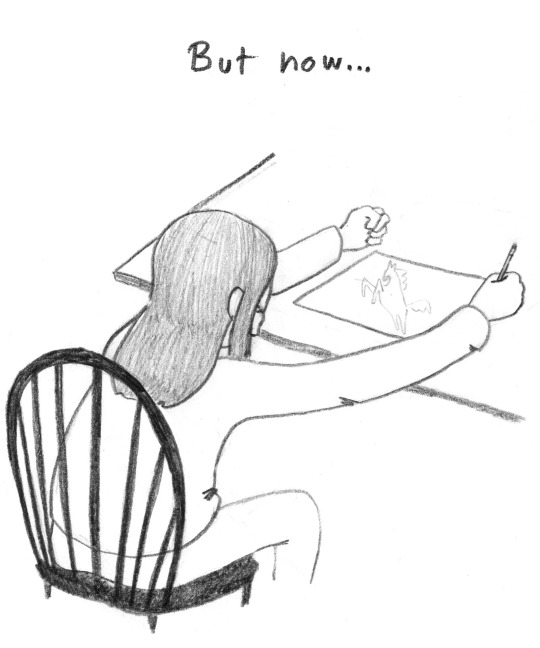

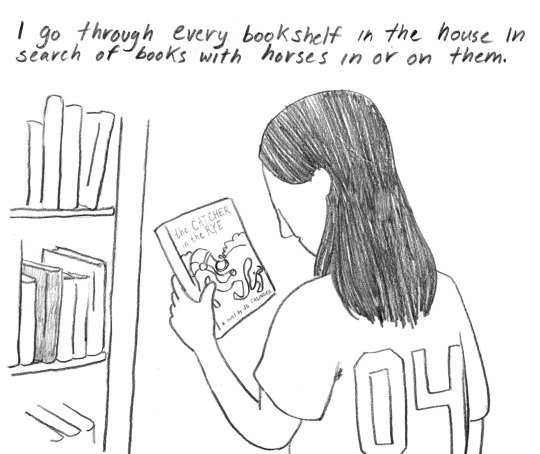
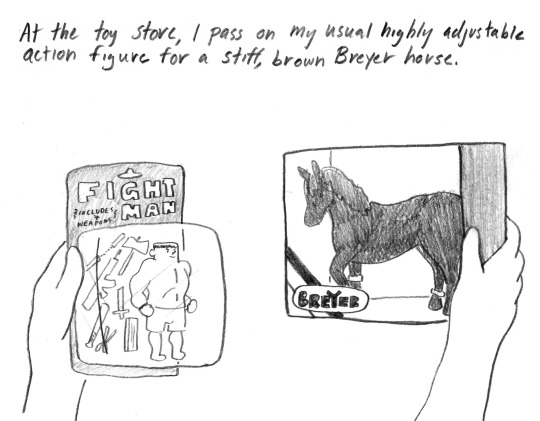
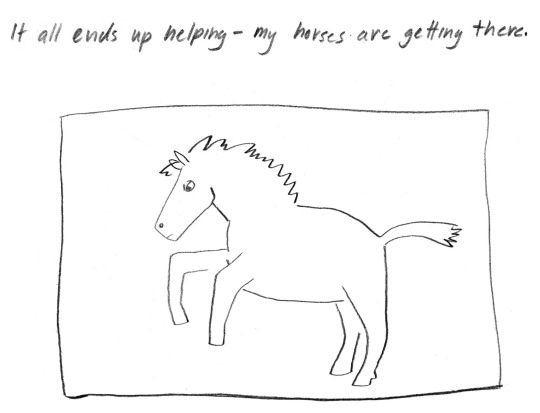
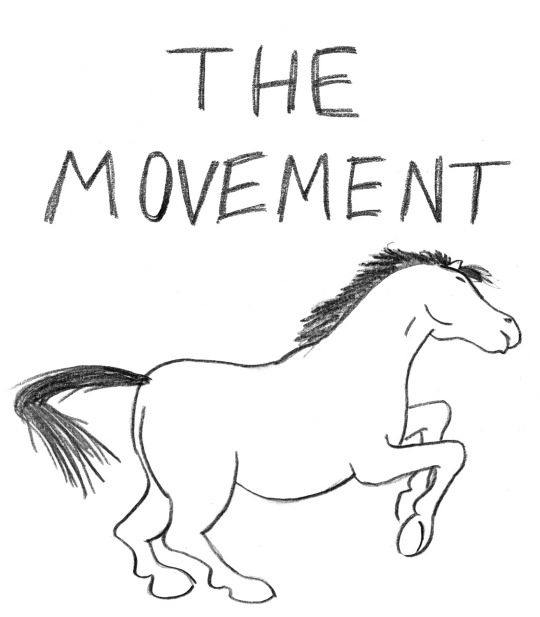

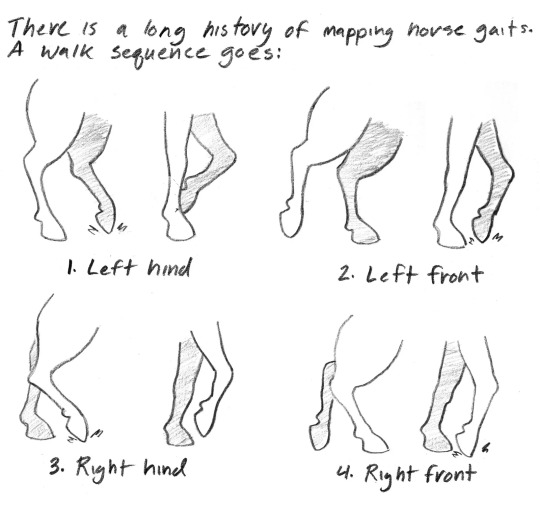
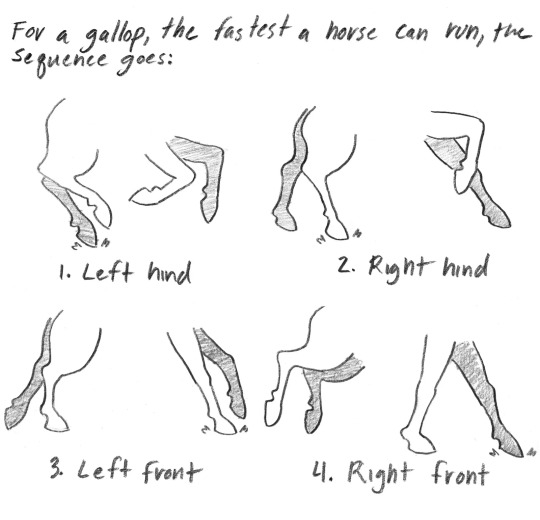




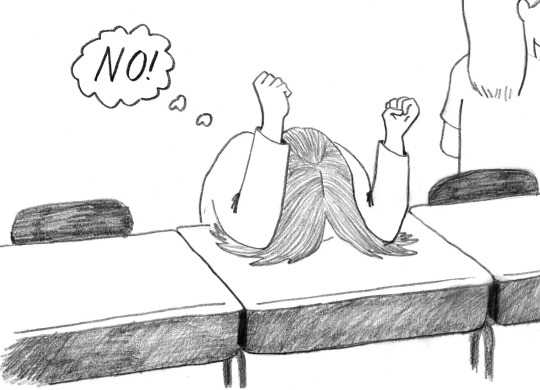

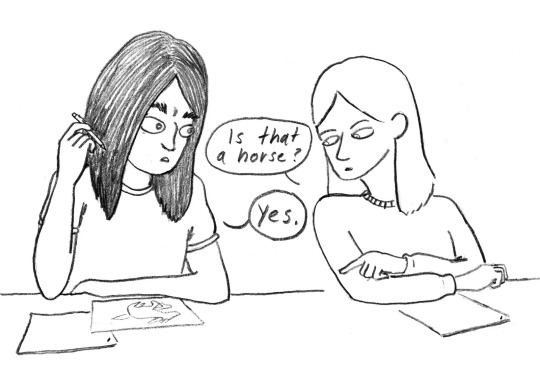


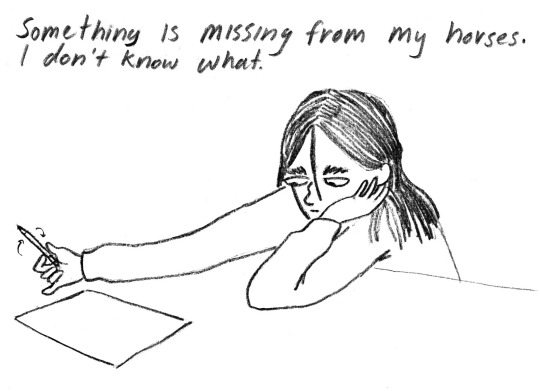

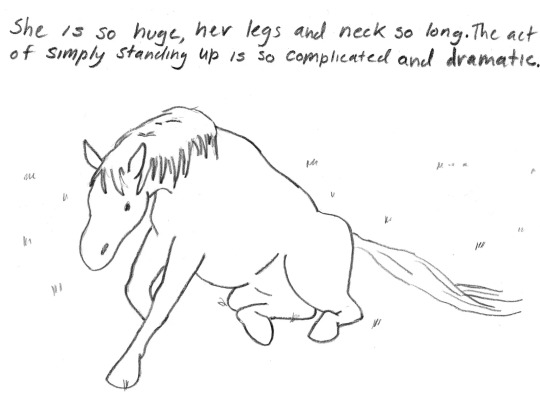
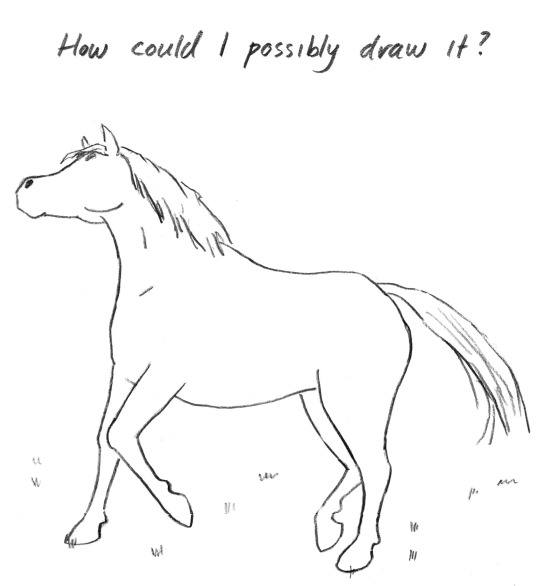
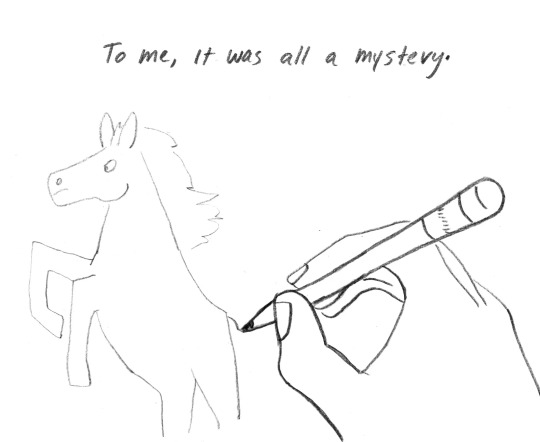
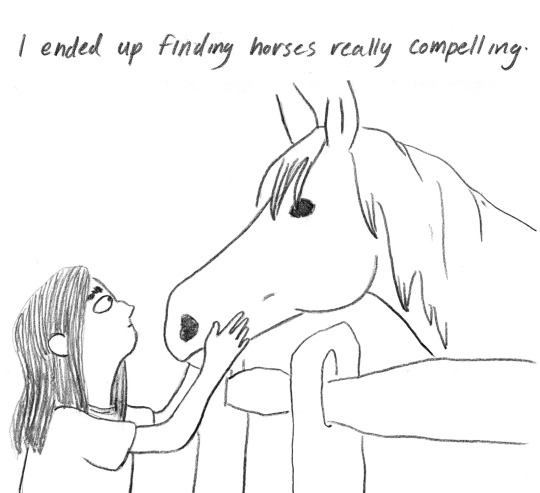

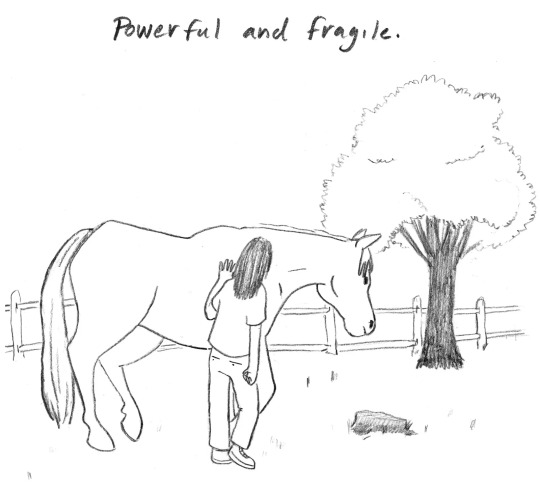


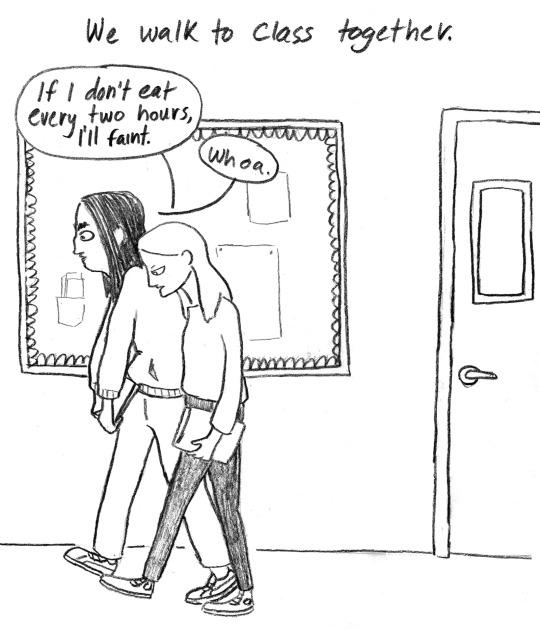


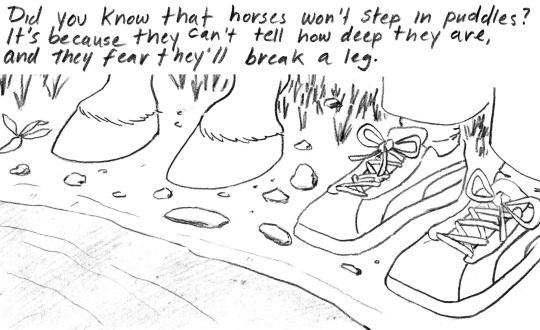
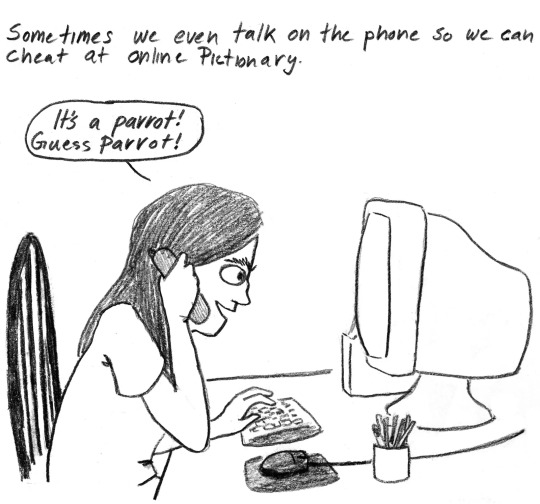
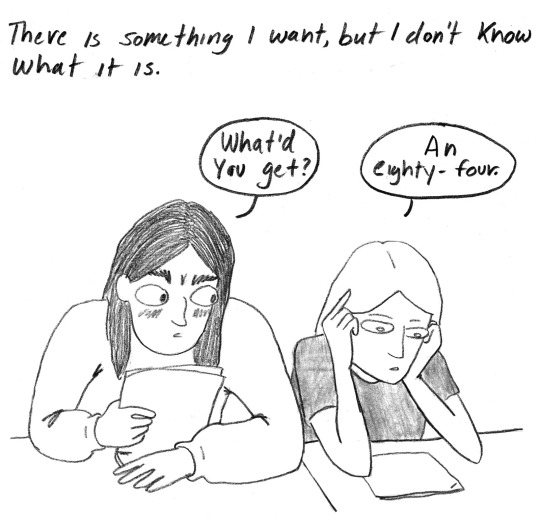
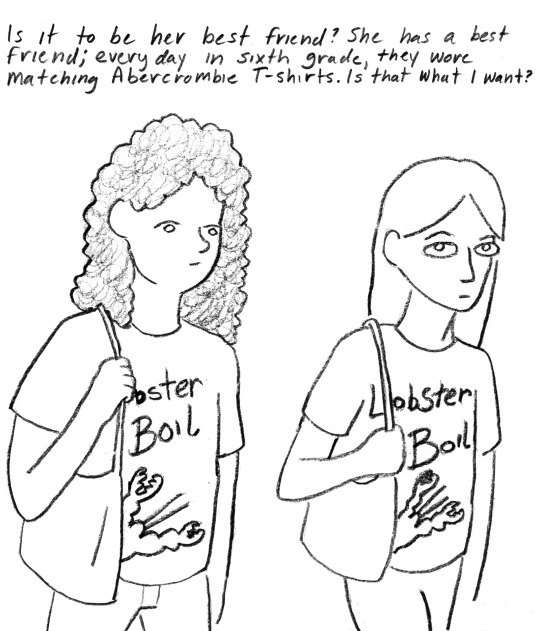
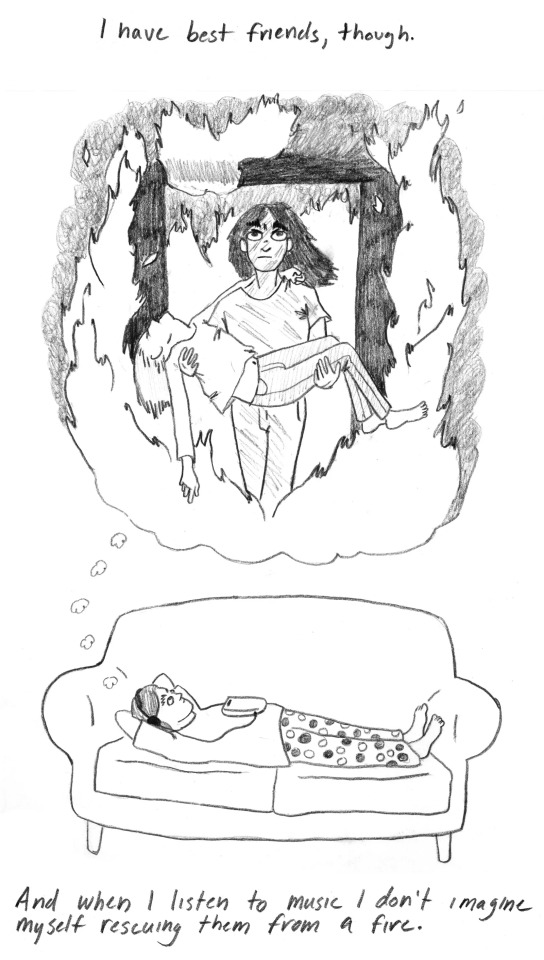
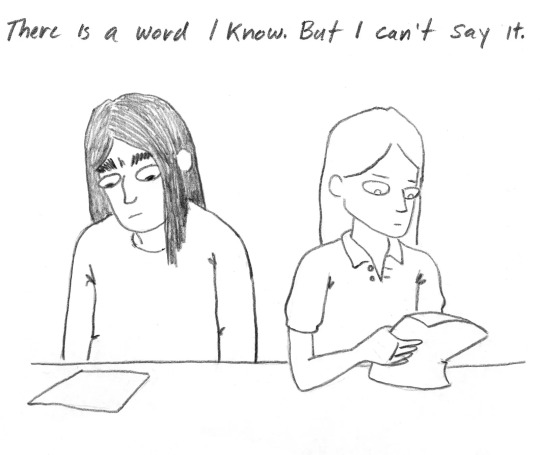



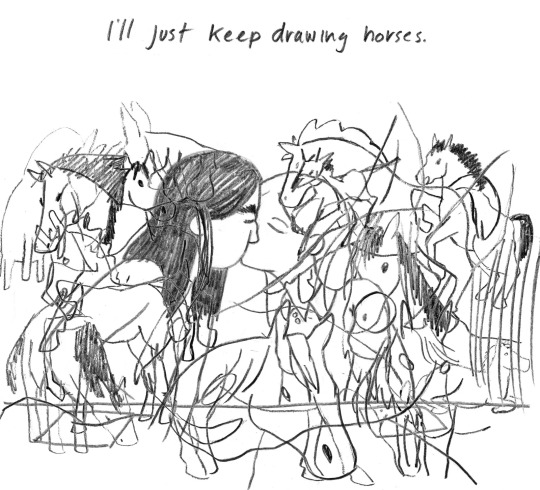
119K notes
·
View notes
Text
i must not take it personal. taking it personal is the mind killer. taking it personal is the little death that brings total oblivion. i will face taking it personal. i will permit it to pass over and through me. and when it has gone past i will turn the inner eye to see its path. when the taking it personal has gone there will be nothing. only i will remain
26K notes
·
View notes
Text
it sucks so bad that Progressive rock has a Sound. why do we still call it thattttttt
474 notes
·
View notes
Text
Just to clarify, there's a bill that would STOP credit card companies from controlling who's allowed to spend money on porn or "risque" (read: queer) content. If you don't think big business should be able to tell you what to spend your own damn money on, call your senators and reps to let them know! It's the Fair Access to Banking Act, H.R.987 in the House, S.410 in the Senate.
54K notes
·
View notes
Text


Gold ring with agate intaglio featuring a shrimp, Roman, 100-300 AD
from The National Archaeological Museum, Madrid
959 notes
·
View notes
Text

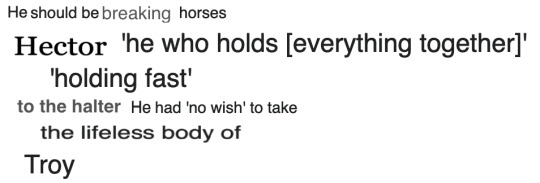
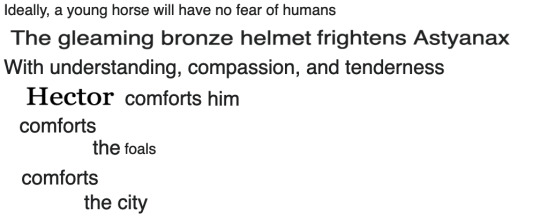
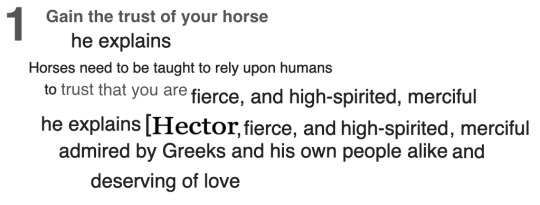

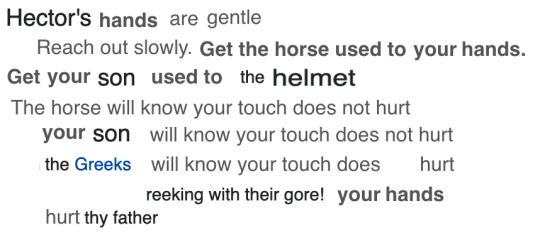
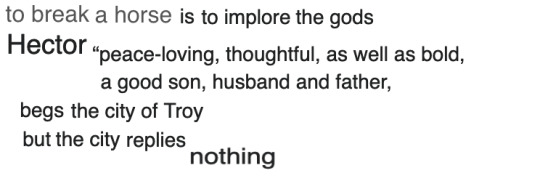
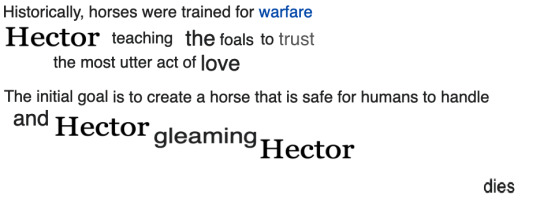
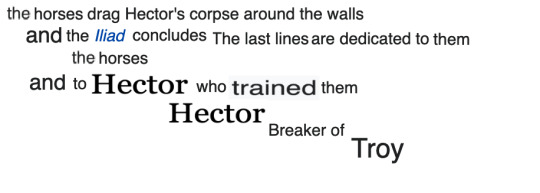
was feeling a bit insane about hector so i wrote a poem about him using only words and phrases from some articles. this poem has eaten the wikipedia page on hector, the wikipedia page on horse training, and how to break a horse (with pictures)
4K notes
·
View notes
Text
Proserpina: I do wonder how you come about your confidence, Solas.
Solas: How do you mean?
Proserpina: Judging the dwarves as you do.
Solas: It is not judgment to claim the obvious. They cannot dream, cannot see the Fade–cannot make use of the magic in this world.
Proserpina: Cannot be possessed…
Solas: Which the rest could manage, if they approached the Fade with more care.
Proserpina: Dwarves and elves alike used to command vast empires. Giant, overreaching things–kingdoms that have long since fallen, to time and history.
Solas: Yes…?
Proserpina: But the dwarves still thrive. They have their guilds, their castes–an entire structured society, unchanged from what they once had, if smaller. What do the elves have?
Proserpina: Ruins. Broken families. Hopeless dreams of regaining what we once were, instead of focusing on changing what we have become.
Proserpina: Think of how the world sees our people, Solas, and perhaps it would be wise to reconsider just who is left twitching in a pool of their own blood.
191 notes
·
View notes
Text
Something that I get chills about is the fact that the oldest story told made by the oldest civilization opens with "In those days, in those distant days, in those ancient nights."
This confirms that there is a civilization older than the Sumerians that we have yet to find
Some people get existential dread from this
Me? I think it's fucking awesome it shows just how much of this world we have yet to discover and that is just fascinating
76K notes
·
View notes
Text
John Green may be a little "cringe" but credit where credit is due at least he's a YA author who made his special interest trying to expand tuberculosis care instead of trying to make a living hell for trans women and other LGBTQ+s
17K notes
·
View notes
Text
this reddit post is so good.
a trans guy who is also a butch who dates both men and women-- I aspire to be like this. oh, to play 5d chess with gender.

165K notes
·
View notes
Note
I understand why the electorate is going for other candidates, each and every actor you suggested would be amazing in the role of Mr Darcy, but I have to say, when I first saw the poll I was immediately captivated by Sessue Hayakawa's portrait. The raised eyebrow? The piercing look? The countenance? The undertone of softness and awkwardness in his posture, that becomes apparent if one chooses to go beyond the first impression? This man would *slay* as Darcy, I know it in my heart.
Who is Mr. Darcy?
26 notes
·
View notes


